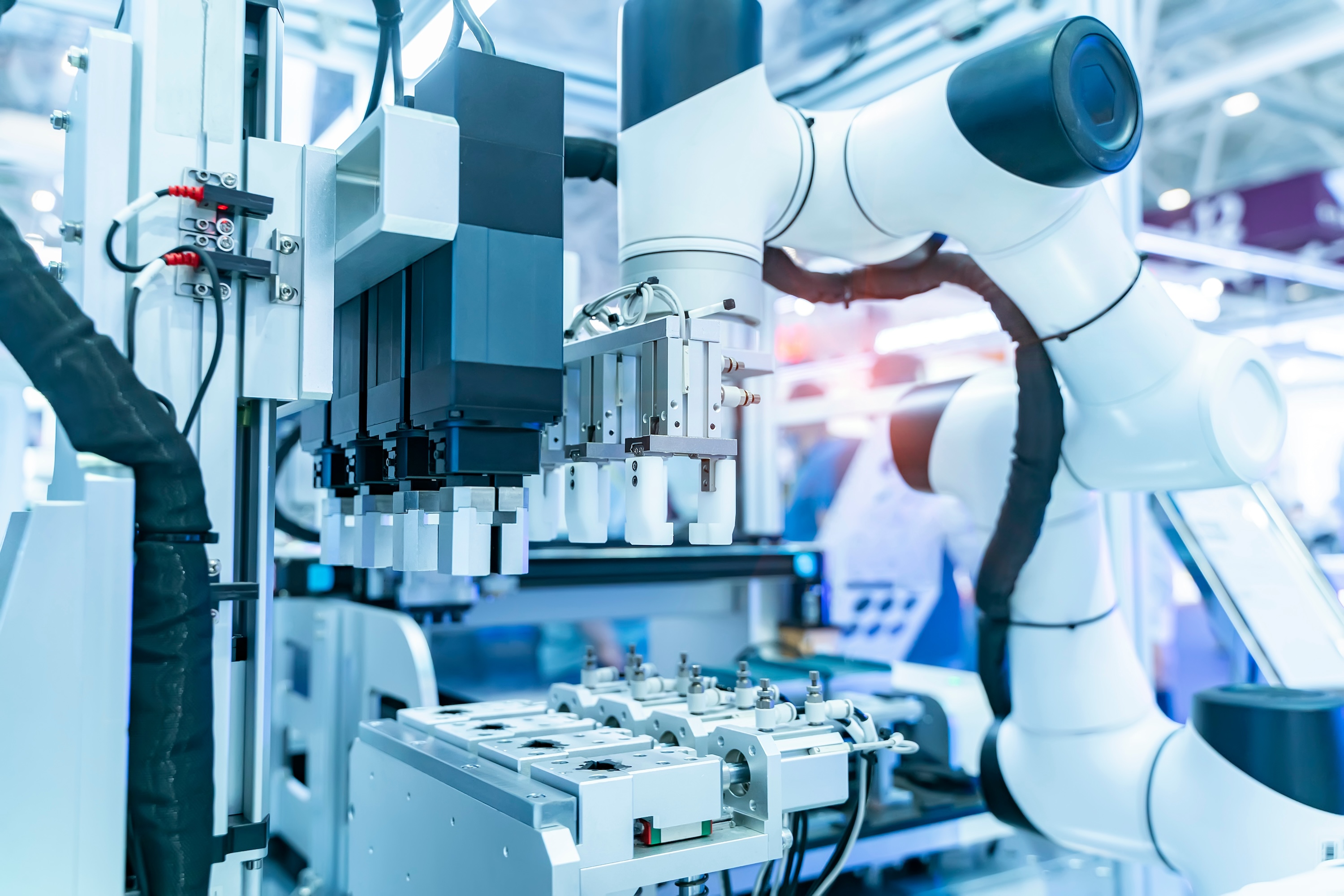The significance of pharmaceutical manufacturing in healthcare is profound. It transforms chemical substances into therapeutic products essential for treating, preventing, and managing diverse medical conditions. The industry’s capacity to produce high-quality drugs efficiently and reliably is crucial for enhancing public health and supporting healthcare systems globally.
It encompasses the intricate drug production process, from raw materials to the final packaged medicines. This multifaceted field integrates various disciplines—including chemistry, biology, engineering, and logistics—to ensure the creation of safe and effective medications. The process involves careful sourcing and testing of raw materials, production of Active Pharmaceutical Ingredients (APIs), drug formulation and dosage development, and the subsequent packaging and labeling of the final product.
Pharmaceutical manufacturing operates within a rigorous regulatory framework designed to ensure drug safety, efficacy, and quality. Regulatory agencies, such as the U.S. Food and Drug Administration (FDA) and the European Medicines Agency (EMA), enforce stringent standards covering all aspects of drug production, from raw material sourcing to final product labeling. Adherence to these regulations, including Good Manufacturing Practice (GMP) compliance, is vital for market approval and maintaining public trust.
Types of Pharmaceutical Manufacturing
- Traditional Chemical Synthesis: This method focuses on producing small molecule drugs through chemical reactions. It remains central to producing a wide range of medications, including antibiotics and antihypertensives.
- Biopharmaceutical Manufacturing: This involves large molecule drugs, or biologics, derived from biological sources. The process uses living cells or microorganisms to produce active ingredients through techniques like cell culture, fermentation, and purification, requiring specialized facilities and stringent quality controls.
- Nutritional Product Manufacturing: Although distinct from pharmaceutical manufacturing, this sector involves producing dietary supplements and vitamins. It shares similarities in terms of raw material quality and stringent quality controls.
The Pharmaceutical Manufacturing Process
The journey of pharmaceutical production begins with the careful sourcing and testing of raw materials, including both active ingredients and excipients. These materials must be assessed for purity, quality, and consistency, as their quality directly impacts the efficacy and safety of the final drug.
Active Pharmaceutical Ingredient (API) production is a pivotal stage in drug manufacturing. This process involves complex methods such as chemical synthesis, fermentation, or extraction, depending on the drug’s nature. Ensuring the quality and consistency of the API is crucial for the effectiveness and safety of the medication.
Drug formulation follows API production. This stage involves combining the API with excipients to create various dosage forms, such as tablets, capsules, or liquids. The goal is to design a formulation that delivers the API effectively, considering factors like absorption, stability, and release rate.
Production processes include methods like tableting, encapsulation, and the preparation of liquid formulations. Each method requires precise control to maintain product quality. Tableting compresses powders into tablets, encapsulation involves placing the drug into capsules, and liquid formulations require careful mixing and stabilization of ingredients.
Packaging and labeling are critical for protecting the drug from contamination and degradation. Proper packaging ensures the product’s integrity, while labeling provides essential information, including dosage instructions, warnings, and expiration dates.
Quality assurance in pharma is integral throughout the manufacturing process. Continuous monitoring and testing ensure that the final product meets all quality standards. This includes routine checks for impurities, consistency, and adherence to specifications. Quality assurance also involves validating processes and systems to prevent deviations and ensure compliance with regulatory requirements.

Key Departments in Pharmaceutical Manufacturing
Pharmaceutical manufacturing involves several key departments, each with specific roles:
- Quality: Focuses on maintaining high standards of product quality and regulatory compliance, including quality control and quality assurance activities.
- Operations: Manages day-to-day activities of the manufacturing plant, including equipment maintenance, process optimization, and facility management.
- Research & Development (R&D): Crucial for innovation, this department develops new drugs and improves existing formulations to meet evolving medical needs.
- Others (Supply Chain, Logistics, etc.): Handles procurement of raw materials, distribution of finished products, and coordination of supply chain activities, ensuring timely resource availability and product delivery.
Key Job Functions in Pharmaceutical Manufacturing
Pharmaceutical manufacturing offers diverse career opportunities across various departments:
- Production Technicians: Operate and maintain manufacturing equipment, ensuring efficient and safe production processes.
- Quality Specialists: Focus on maintaining high standards of quality throughout the manufacturing process, including performing tests and inspections to ensure compliance with regulatory standards.
- Process Engineers: Design, implement, and optimize production processes to enhance efficiency and product quality.
- Regulatory Affairs Specialists: Ensure compliance with regulatory requirements and prepare documentation for regulatory submissions.
- Supply Chain Managers: Oversee the procurement of raw materials and distribution of finished products, ensuring smooth operation and timely delivery.
Roles typically require technical expertise, attention to detail, problem-solving abilities, regulatory knowledge, and effective communication skills. Career progression can lead to advanced roles such as Production Manager, Quality Assurance Manager, or Director of Manufacturing.
Technologies Transforming Pharmaceutical Manufacturing
Digital manufacturing and Industry 4.0 technologies are revolutionizing pharmaceutical manufacturing. The integration of cyber-physical systems, the Internet of Things (IoT), and smart sensors is creating highly automated and interconnected manufacturing environments. Digital twins allow for virtual simulations of production processes, optimizing operations before physical changes are made, thus reducing downtime and enhancing productivity.
Flexible manufacturing facilities and equipment are advancing drug production by allowing quick adaptation to changing production needs and accommodating multiple product types. This flexibility reduces setup time and costs, enabling manufacturers to respond rapidly to market demands.
Continuous processing in pharma contrasts with traditional batch manufacturing. Instead of producing drugs in discrete batches, continuous processing involves a constant flow of raw materials through the production process. This method enhances product consistency, reduces production time, and improves efficiency. Real-time monitoring and control further enhance quality and address deviations promptly.
Artificial Intelligence (AI) and data analytics are increasingly utilized to optimize manufacturing processes. AI algorithms analyze production data to identify patterns, predict potential issues, and recommend improvements. Data analytics tools provide insights into process performance, enabling more informed decision-making and proactive adjustments to enhance efficiency and maintain high-quality standards.
Challenges and Considerations in Pharmaceutical Manufacturing
Pharmaceutical manufacturing faces several significant challenges. First is strict regulatory compliance, as manufacturers must adhere to cGMP standards and other regulatory requirements. These regulations encompass all aspects of production, from sourcing raw materials to final product distribution, and require comprehensive documentation and continuous monitoring to ensure product safety and quality.
Another critical challenge is maintaining consistent quality control. Pharmaceutical companies must ensure that every batch meets the same high standards, which demands rigorous testing and stringent process controls to avoid variability and potential product recalls.
Cost management and operational efficiency also present substantial hurdles. The costs of raw materials, labor, and meeting regulatory requirements are high, so manufacturers are constantly seeking ways to optimize processes and reduce waste to remain profitable without compromising quality or safety.
The complexity of the pharmaceutical supply chain further compounds these challenges. Managing the procurement of raw materials, coordinating manufacturing processes, and handling the distribution of products requires careful planning to mitigate risks such as supply disruptions or shifts in regulatory landscapes.
Environmental considerations are becoming increasingly important as well. Manufacturers are pressured to adopt sustainable practices, including managing waste, reducing emissions, and conserving resources, to meet regulatory standards and corporate social responsibility goals.
And cleanroom technology is another crucial consideration in pharmaceutical production, as manufacturers must maintain a controlled environment that minimizes contamination risks. Cleanrooms provide a sterile environment with controlled temperature, humidity, and air quality, ensuring that pharmaceuticals are produced under conditions that prevent contamination and maintain product safety and quality.
The Future of Pharmaceutical Manufacturing
Emerging trends and technologies, such as advanced manufacturing techniques, digital twins, and blockchain, are shaping the future of pharmaceutical manufacturing. Personalized medicine and sustainable practices are also gaining prominence, driving the need for flexible and green manufacturing solutions. These advancements will continue transforming the industry, improving drug production efficiency and addressing global health challenges.
Pharmaceutical manufacturing is integral to global health initiatives, ensuring the availability of essential medications and vaccines needed to address public health challenges. By producing life-saving drugs and vaccines at scale, the industry supports efforts to combat diseases, improve health outcomes, and enhance the quality of life worldwide. The industry’s contributions are vital for addressing health disparities and achieving global health goals.
The industry’s reliance on meticulous production methods, stringent cGMP compliance, and technological advancements underscores its importance in delivering high-quality drugs. As technology evolves, it will be pivotal in advancing pharmaceutical manufacturing and addressing future challenges. For more information on how CERDAAC can support and enhance pharmaceutical manufacturing processes, visit our website or reach out for a demo!

